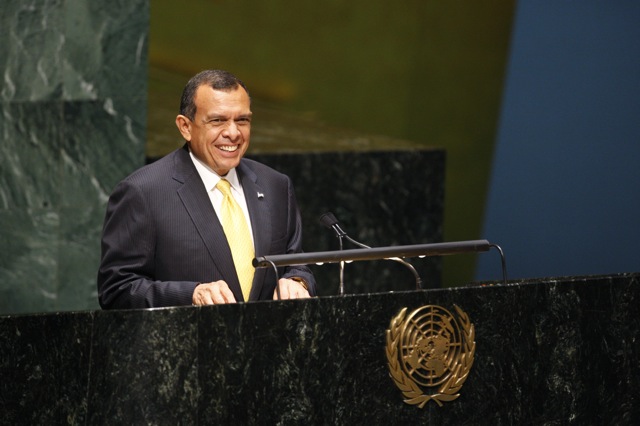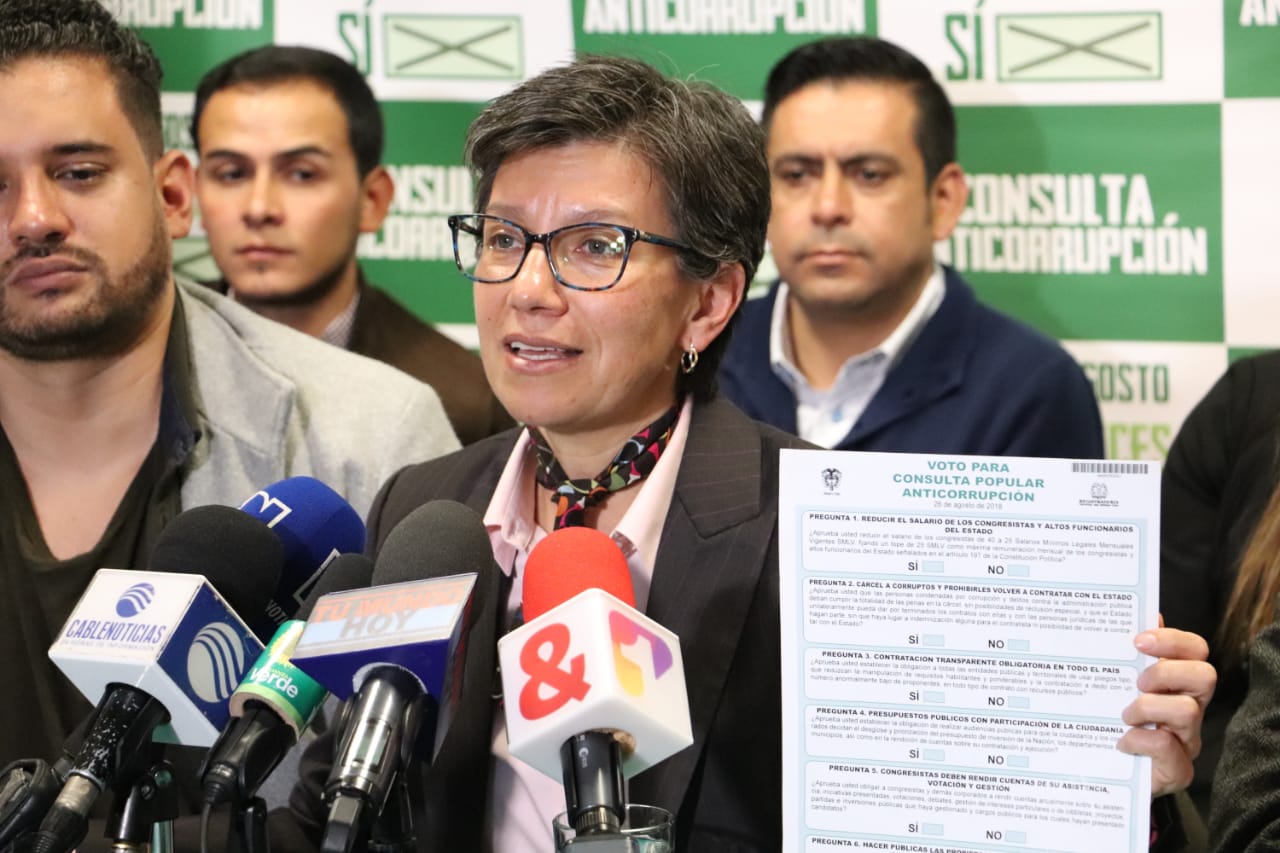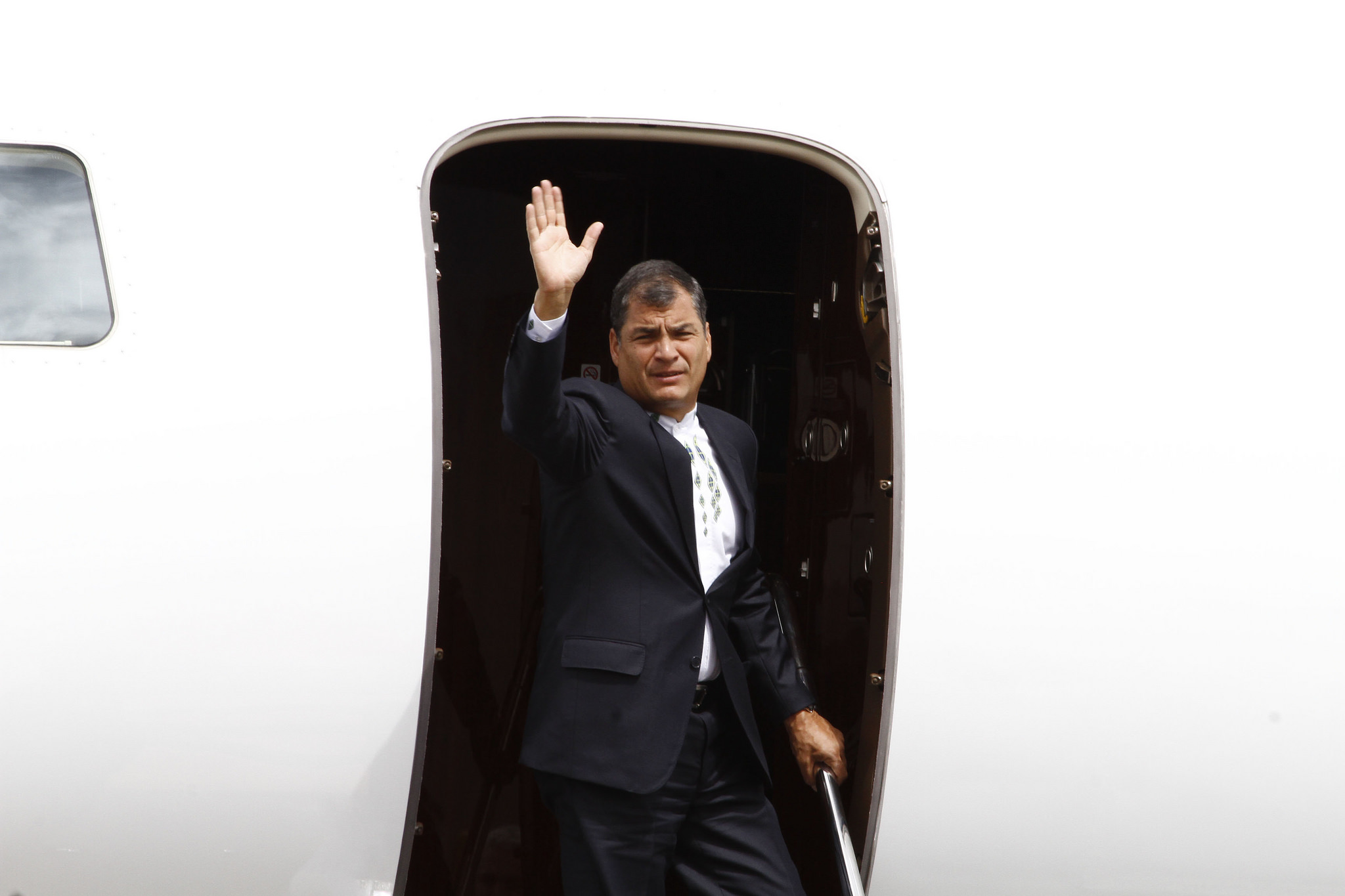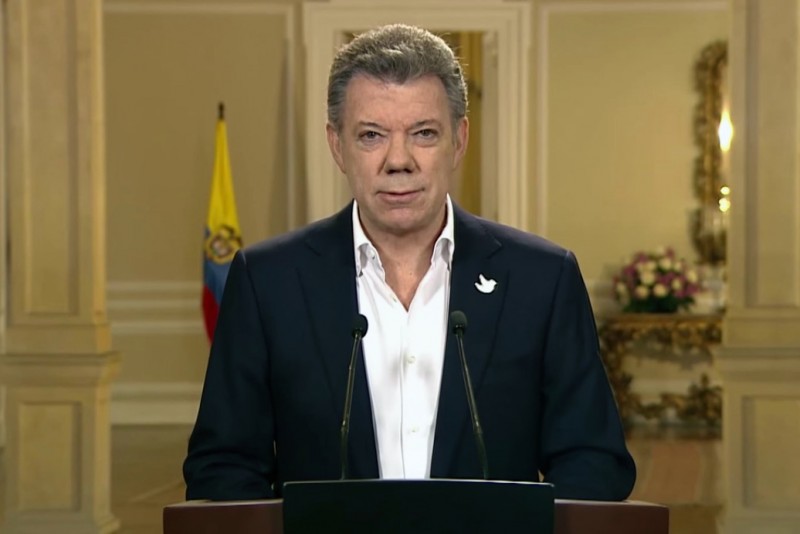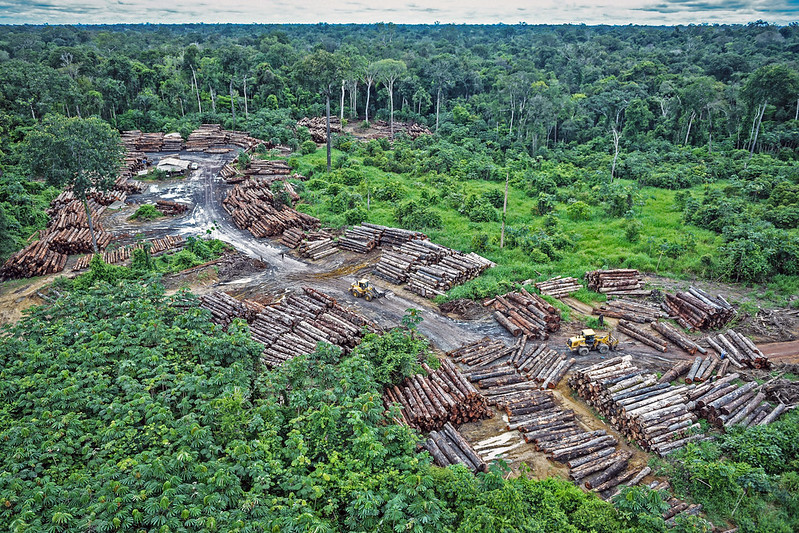
Andes, Colombia, Dispatches
Lockdown in Colombia Emboldened Violent Armed Groups
December 2, 2020 By susannes
When Colombia imposed its national coronavirus lockdown in late March, some experts had predicted that the shutdown would limit crime and homicide in a country riddled by drug trafficking, large-scale inequalities, and violence enforced by armed paramilitary groups. But the lockdown, which ended on Sept.1, did the opposite.
For Rafael Gómez, who spent the entire quarantine at his family farm in Moniquirá, the lockdown restrictions have kept social leaders inside, stopping them from maintaining the fight for their rights.
“A year ago, there was a massive social manifestation here, aiming to change many things in the way we’re governed,” Gómez said, referring to protests against the government of President Iván Duque last November, surrounding issues such as the slow implementation of the 2016 peace deal, human rights, economic issues and corruption. “Of course, the pandemic came as water in the desert to the government, and they have been keeping the social protest away thanks to the lockdown and their alliances to those groups.”
Colombia, which had the highest number of killings of human rights activists last year, saw 250 assassinations of social leaders and human rights defenders as of Nov. 3, compared to 513 between 2016 and the end of 2019. The COVID-19 pandemic has made it easier for armed groups to track down and harm individuals because people were forced to stay confined to their homes. In many parts of Colombia, especially the red zones– areas basically abandoned by the– armed groups have enforced their own lockdown measures, oftentimes stricter than those put in place by the state, serving their own interests.
Juan Tellez, a political science professor at the University of South Carolina, said he had been observing a similar involvement with criminal gangs all over the region. According to him, different organizations in El Salvador, Mexico and Brazil have been enforcing their own lockdowns in areas where the state hadn’t put in place any restrictions, in addition to handing out different kinds of aid and support.
“These groups depend on the civilian population in different ways. They depend on them for information, they depend on them to not collaborate with state authorities,” Tellez said, “If you are governing a territory and its civilian population, if that population becomes very sick, it presents all sorts of problems for you and for the kinds of things you want to do in that area, such as participate in the drug trade or recruit new members from that population.”
After Colombia reported its first case of COVID-19 on March 6, the country’s leaders reacted with a strict lockdown and a travel ban starting on March 19. President Iván Duque’s administration also imposed one of the strictest and longest quarantines in Latin America, lasting approximately 160 days. Colombia enforced a mandatory isolation beginning the end of March, which lasted until September.
“Everything was shut down during these months: businesses, movie theaters, schools, universities, offices, airports, hotels – everything,” said Lilia Chica, 30, who lives in Bogotá but quarantined with her family in La Guajira, “Those people who live day by day, like those selling on the streets or with small businesses have been the most affected. This has caused a rise in insecurity, and you see families in the streets asking for money, clothing and food on a daily basis,” Chica said in Spanish.
Gimena Sánchez-Garzoli, a Colombia human rights advocate at the Washington Office on Latin America, considers the threat not so much in the virus itself but the fact that insecurities and lack of protection measures from the government have increased, especially for more rural Afro-Colombian and Indigenous populations, who have been the main victims of the increase in violence.
For Sánchez-Garzoli, both the COVID-19 pandemic and the more than 70 massacres year alone have created a sense of heightened insecurity among rural communities, who feel that the state has failed to protect them from these two converging crises.
Nov. 24 marked the four-year anniversary of former President Juan Manuel Santos’ peace agreement with the Revolutionary Armed Forces of Colombia (FARC), granting the group political presentation and a certain degree of impunity in exchange for demobilization. The deal included plans for a comprehensive rural reform to limit poverty and violence in the countryside.
But instead of reducing violence and fostering peace, the guerrillas’ demobilization opened up vast areas for exploitation by other groups and criminal networks, sparking targeted killings of community leaders and activists. Organized criminal groups, members of other rebel groups like the National Liberation Army (ELN) and the Popular Liberation Army (EPL), as well as FARC members who have rejected the peace deal, have been identified as those responsible for the killings.
“The peace process was with the primary rebel group, there were still many other groups around, but part of this peace process included setting up a commission to dismantle these other illegal armed groups,” Sánchez-Garzoli said. “Those measures haven’t been advanced by the Duque government. So the steps specifically addressing those groups and putting in mechanisms to prevent further killings, and pushing them into dismantlement haven’t happened.”
Sánchez-Garzoli says there haven’t been any consequences for armed groups’ actions. The impunity, which has worsened during the pandemic, has emboldened these groups.
“They started out with just killing social leaders, but now they’ve upped it to massacres basically because they know they can get away with it. They know that the people they’re targeting are not a priority for the Colombian government in terms of protection,” Sánchez-Garzoli said.
Similarly, Gómez attributes a lot of the recent violence to the government’s actions, which gave paramilitary groups a lot of power, influence and immunity and enabled them to use the lockdown as an opportunity to kill social leaders. He said the current government is “trying to tear apart the peace treaty that was signed by the last president.”
This is not to say that the peace accords haven’t had any positive effects. Sánchez-Garzoli said vulnerable communities, such as Indigenous and Afro-Colombians, have felt a major difference in terms of their security, being able to go out and protest and live life more normally. She also said there was a lot of hope concerning the agreement’s outcomes representing “a complete change towards the type of Colombia that these communities are fighting for.”
For his part, Tellez said, “It’s uncontested that the level of violence overall has decreased since before demobilization took place. The country is much more peaceful as a whole even though there has been an increase in targeted violence at particular people. And at the end of the day, thousands of combatants have been demobilized and are no longer part of the armed group.”
Armed groups’ violence and targeted assassinations have since been more fine tuned and more focused on the minimum number of people they need to kill, to stop and silence the entire community.
Sánchez-Garzoli said she spends most of her time trying to trigger political pressure to prevent killings because physical protection measures only go so far. “If there isn’t the political will in the country that basically says there are going to be consequences for your actions, people will still try to kill people, regardless of whether they have bodyguards or not,” Sánchez-Garzoli said.“Shaming them really, is the only way that we’ve seen has protected people.”
More so, the Colombian population has been dealing with violent actions and repressions by police during the protests in September. According to Sánchez-Garzoli, many Colombians view the police and governmental actors as just as much of a threat as some of the illegal armed groups.
This police repression and violence have a long history in Colombian society, and have consistently been justified by the government. Moreover, according to Sánchez-Garzoli, it is very concentrated in the most vulnerable populations, explaining why many Colombians have never faced this kind of treatment.
“When the government, or whoever was trying to discredit the protesters would say, ‘Oh, well, they’re infiltrated by an illegal armed group – maybe they were acting this way, because they were infiltrated or directed by the FARC or the ELN.’ That worked very well for the government until you started having these massive protests last year, that included the middle and upper classes, and were very urban protests,” Sánchez-Garzoli said.
According to Sánchez-Garzoli, rather than taking action or making changes to law enforcement, the government has been defending “law and order” and criminalizing protesters, “somehow blaming them for the injuries that were done against them.”
Despite the dire current situation in Colombia, especially for disadvantaged communities, which has worsened due to the pandemic and armed groups’ lockdown measures, social leaders and activists like Sánchez-Garzoli have a lot of hope for Colombia. Sánchez-Garzoli regards the peace deal as a major historic opportunity for the Colombian government to address the root causes of violence that drive illegal economies, such as the drug trade.
For Sánchez-Garzoli, however, the current government has shifted back to an attitude seen under the Uribe administration, where civil society isn’t important – all that matters are the government’s allies and businesses. So, she said, the first thing that will be necessary to move towards a better Colombia is a shift in attitude, not governing for economic special interests and the main political party, but governing for the entire country.
“[The Colombian government] needs to dialogue, it needs to come to agreements with a lot of these communities on many, many different things. It can’t just impose militarization, or make decisions on what should be done in these areas from Bogotá,” Sánchez-Garzoli said.
